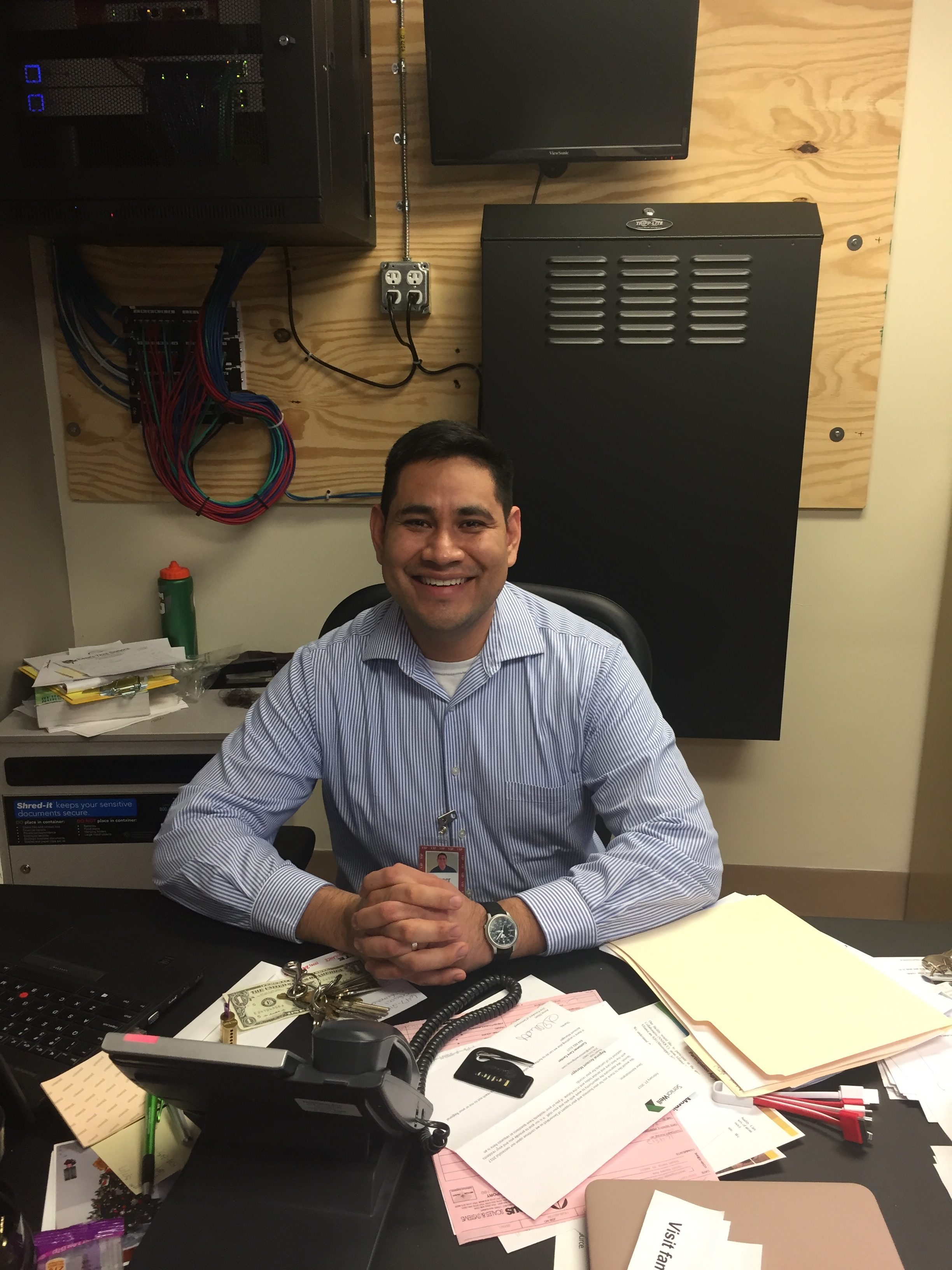Date: March 4, 2017
Type: In person expert interview
Location: Wood Ridge Assisted Living
Team Participant: Nicholas and Connor
Interview Audio File: https://drive.google.com/open?id=0B5skxyf9hGZBVEVRRU94WDF4UUk
Interview Transcript: https://drive.google.com/open?id=0B-SBU6BZXoGmc1BnVGUzV1ZyMU0
Nicholas and Connor interviewed Matthew, one of Wood Ridge Assisted Living’s Certified Nursing Assistants (CNA). The marketing director handpicked this employee who works only on Mondays and Wednesdays. He has been in the caregiving business for over 20 years, pointing to his expertise.
Characteristics:
- Age: 46
- Gender: Male
- Marital Status: Unknown
- Occupation: Certified Nursing Assistant
- Lived in Chicago, IL
- Has been a CNA for over 20 years
Memorable Quotes:
“Making somebody’s day believe it or not. Sitting down with the resident and letting them share a story, make their bed, little simple stuff. Makes me happy when they say they really appreciate it.”
“Not just here, but every place I’ve worked the residents have had issues with the way things were managed. Administrative issues. They want to see stuff changed and who is in authority.”
“Stay active. That’s the number one. My mother just turned 84 and she is still a full time employee. What happens when you retire you are just sitting around the house not using your mind a lot and eating without proper exercise. Whatever condition you have does not get better with just sitting around. Even if you retire you should volunteer and do activities.”
Key Insights:
- Individuals want to stay in the home as long as possible
- Knowing the individual well is paramount
- Staying active, including the little things in life, will extend the length of time in your home
- Older people do not want to be told to do things, even if it is for their health’s sake.
- Retirees need to keep being social in order to not feel lonely, which contributes to mental health disorders and the deterioration of health.
Emerging Patterns:
Retirees need to stay active both mentally and physically in order to maintain their overall wellbeing. Seniors do not want to be told what to do and would rather live in their homes for as long as possible. Critical events such as diagnoses of serious mental health issues usually force people out of their homes. However, the caregivers seemed to want to continue working even after typical retirement ages in order to keep themselves sharp.
